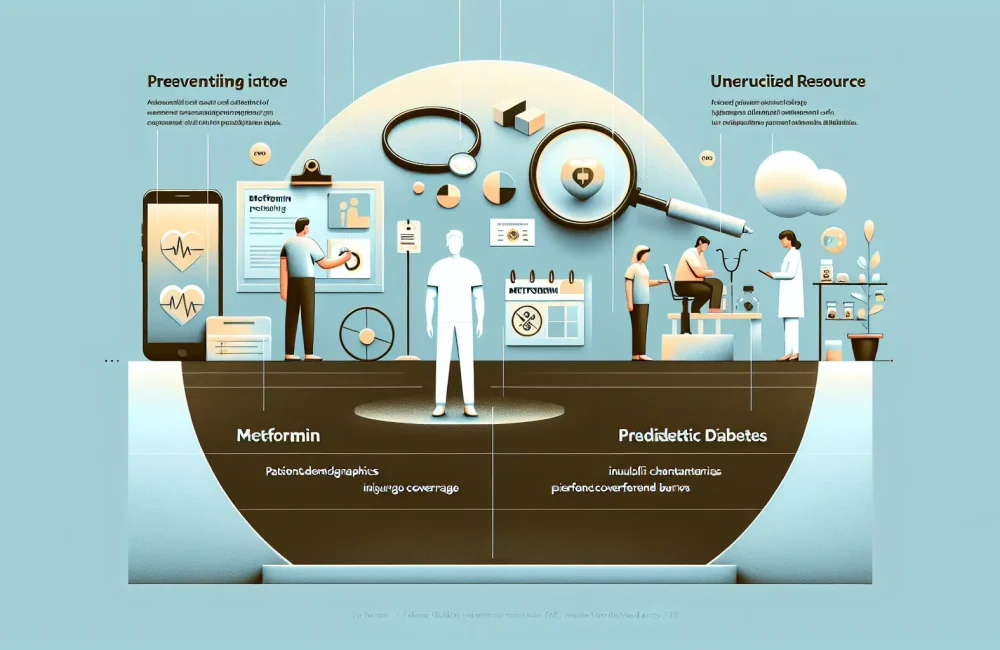By CAFMI AI From New England Journal of Medicine
Significant Weight Reduction with Liraglutide in Children
Childhood obesity remains a major clinical challenge due to its persistence into adulthood and association with numerous health risks. Until recently, pharmacologic options specifically approved for children under 12 years old were very limited. This landmark randomized, double-blind, placebo-controlled trial evaluated liraglutide, a glucagon-like peptide-1 (GLP-1) receptor agonist, for its efficacy and safety in children aged 6 to under 12 years with obesity, defined as a BMI at or above the 95th percentile for age and sex. The study enrolled a substantial number of participants who received daily subcutaneous injections of liraglutide or placebo over a 52-week period. The primary endpoint was the change in BMI standard-deviation score, a sensitive measure that adjusts BMI for age and sex, crucial in the pediatric population. The trial demonstrated that children treated with liraglutide had a statistically significant and clinically meaningful reduction in BMI standard-deviation score compared to placebo. This translated to greater weight loss and reductions in waist circumference, key markers of central adiposity and cardiovascular risk. The effect sizes were robust, indicating that liraglutide can effectively reduce excessive adiposity in this young age group, addressing a critical unmet medical need in pediatric obesity management.
Improvements in Metabolic Health and Safety Profile
Beyond weight loss, liraglutide treatment also led to measurable improvements in metabolic health parameters. The study reported enhancements in insulin sensitivity and lipid profiles among the liraglutide group, suggesting benefits that may reduce future cardiovascular risk and the progression of metabolic syndrome components in children with obesity. These findings are particularly important because early metabolic derangements in childhood can predict long-term adverse outcomes. From a safety perspective, liraglutide was well tolerated with the most frequent adverse effects being gastrointestinal symptoms such as nausea and vomiting. Importantly, no serious adverse events were directly attributed to the drug, supporting an acceptable safety profile for its use in this pediatric population. These safety data are reassuring for clinicians considering pharmacotherapy in children, where safety concerns often limit medication use.
Implications for Pediatric Obesity Management
The positive outcomes observed with liraglutide in this pediatric trial highlight its potential as an important adjunct treatment for obesity in children under 12 years. Given the limited approved pharmacologic options for this age group, liraglutide represents a significant advancement, offering both effective weight reduction and metabolic benefits. Integrating liraglutide with lifestyle interventions may help improve long-term health trajectories by reducing obesity-related complications early in life. Future research should focus on long-term safety, optimal dosing, and evaluating liraglutide’s effects in diverse pediatric populations to fully establish its role in standard obesity care for children.
Read The Original Publication Here






